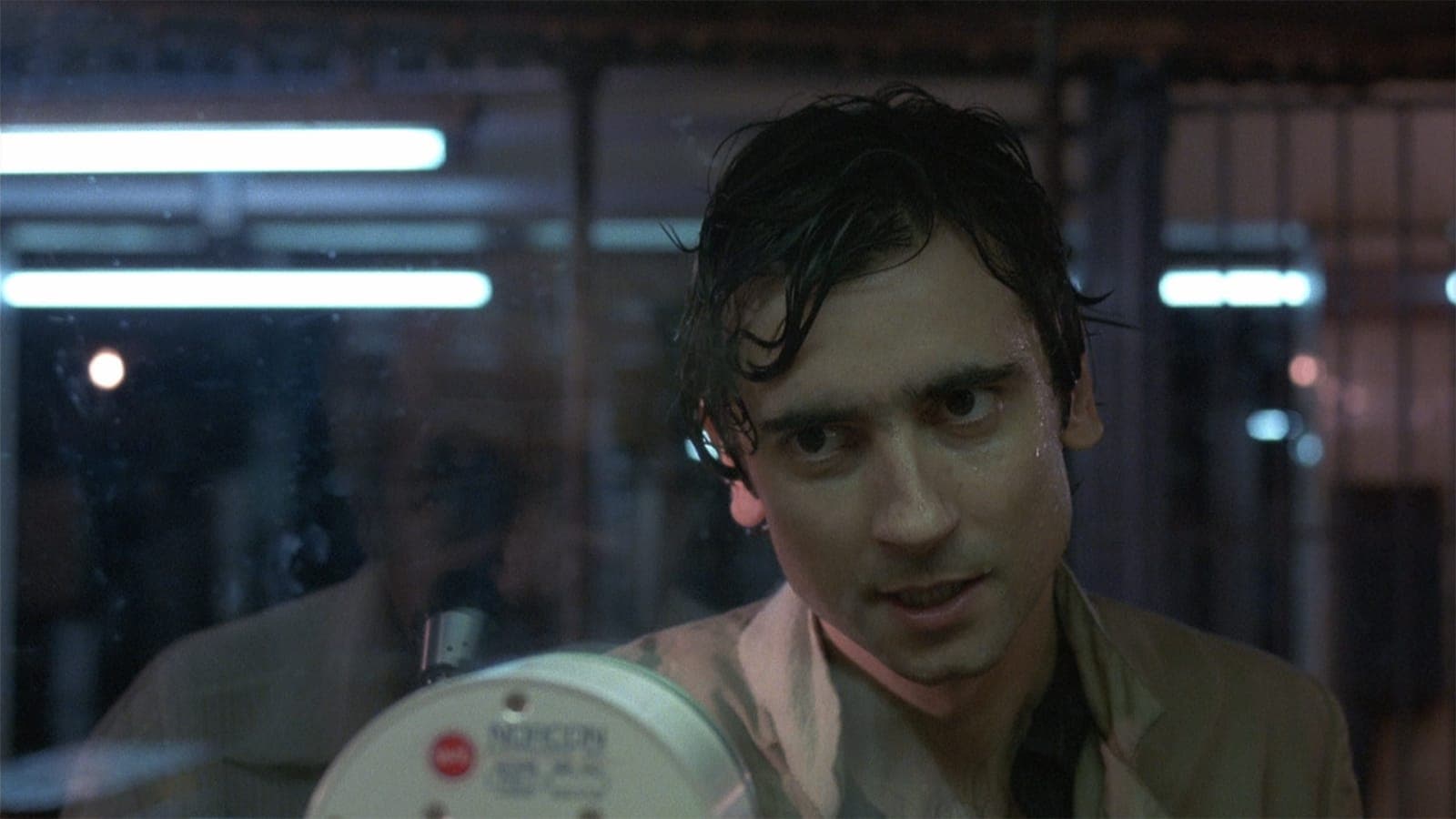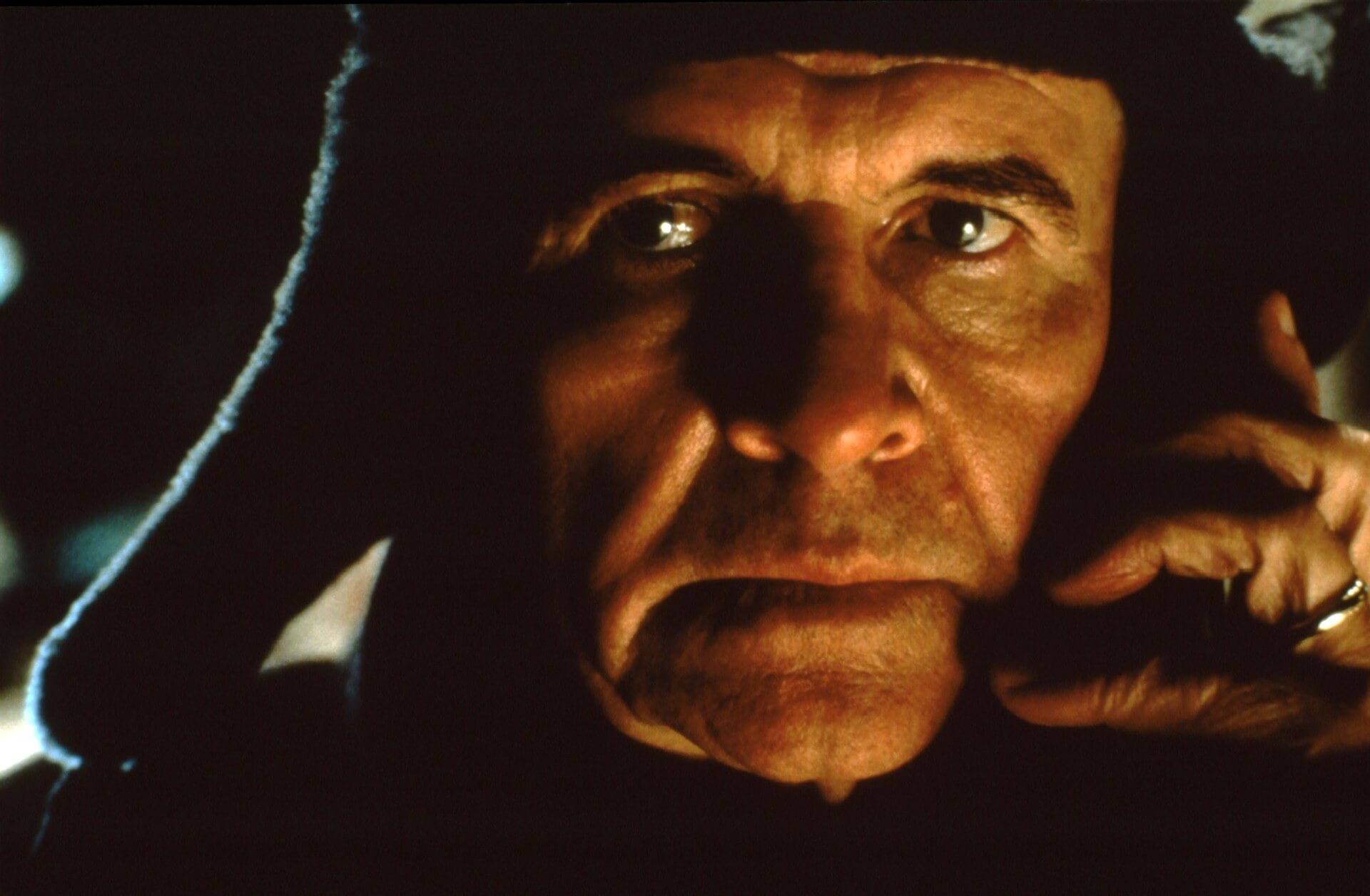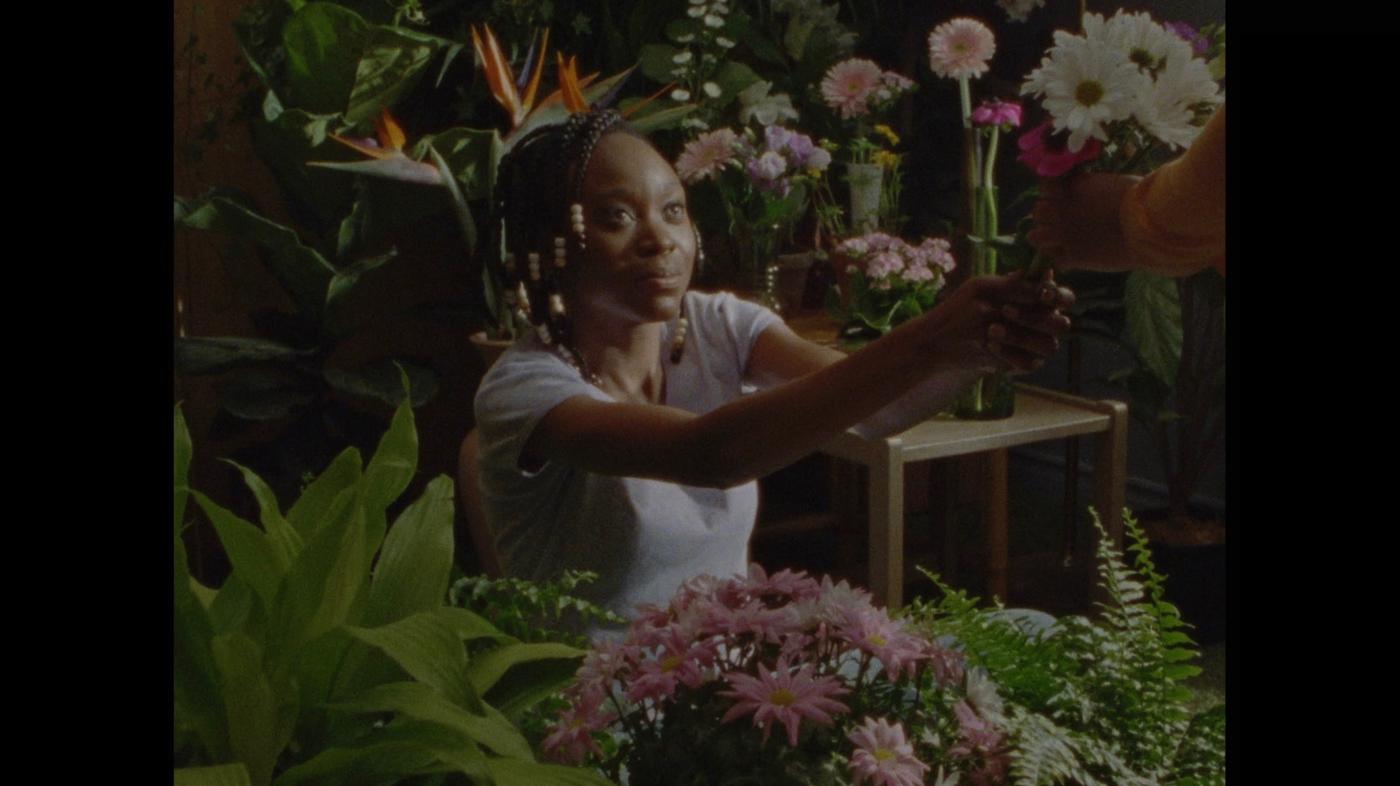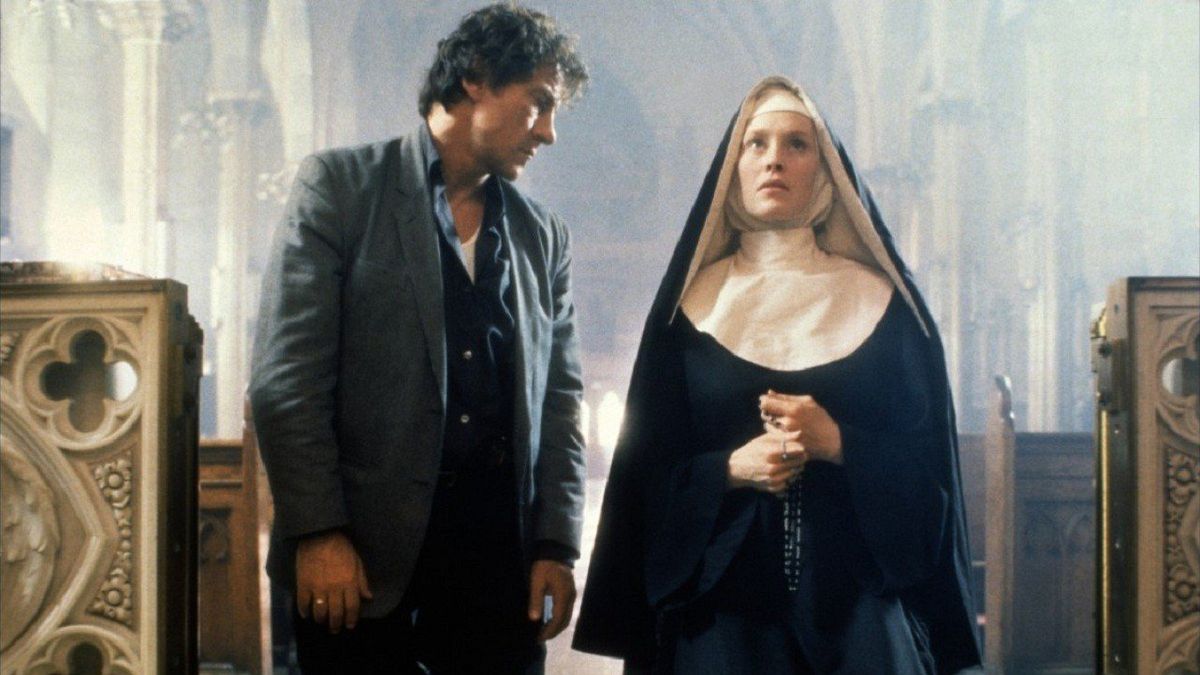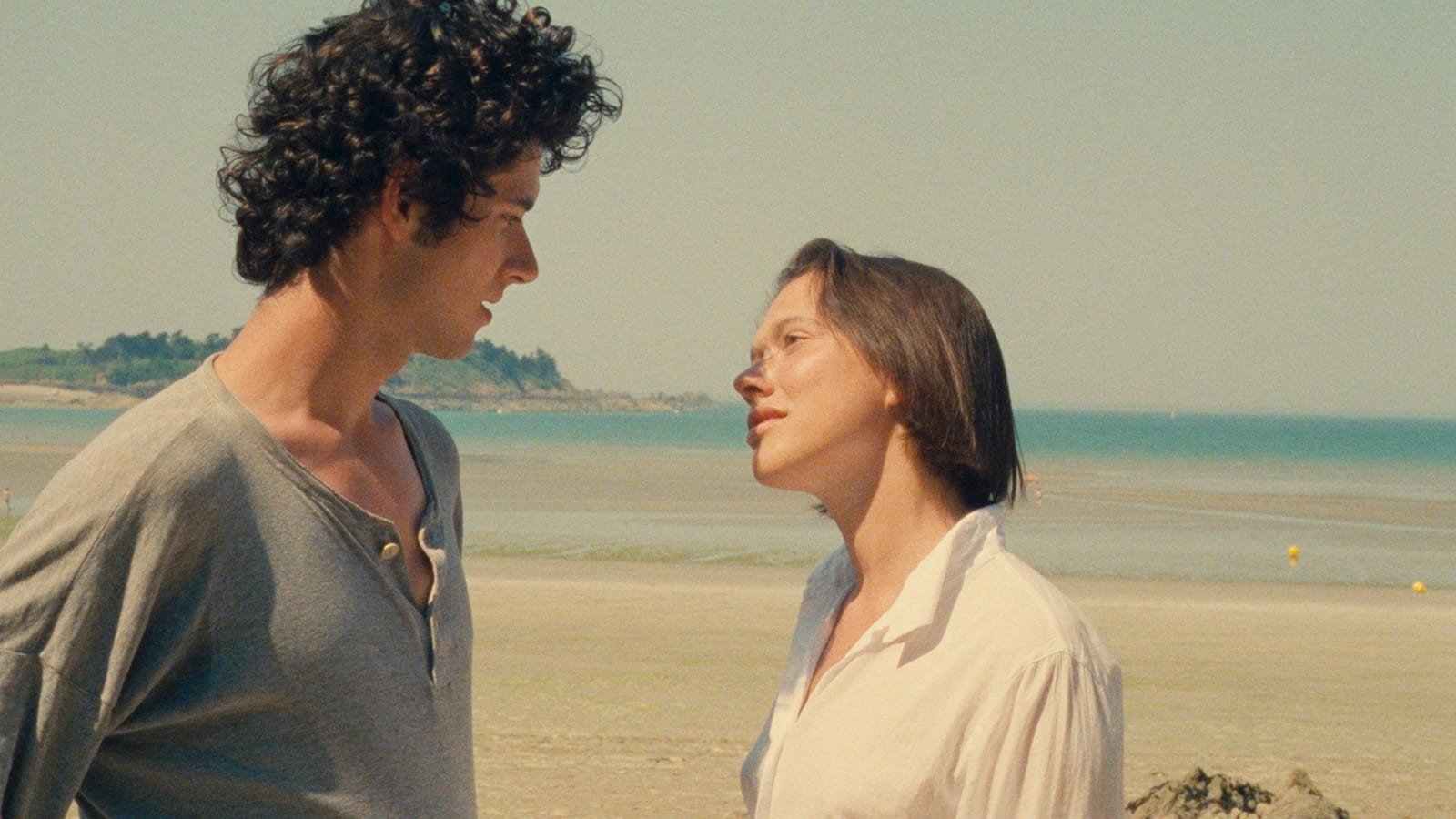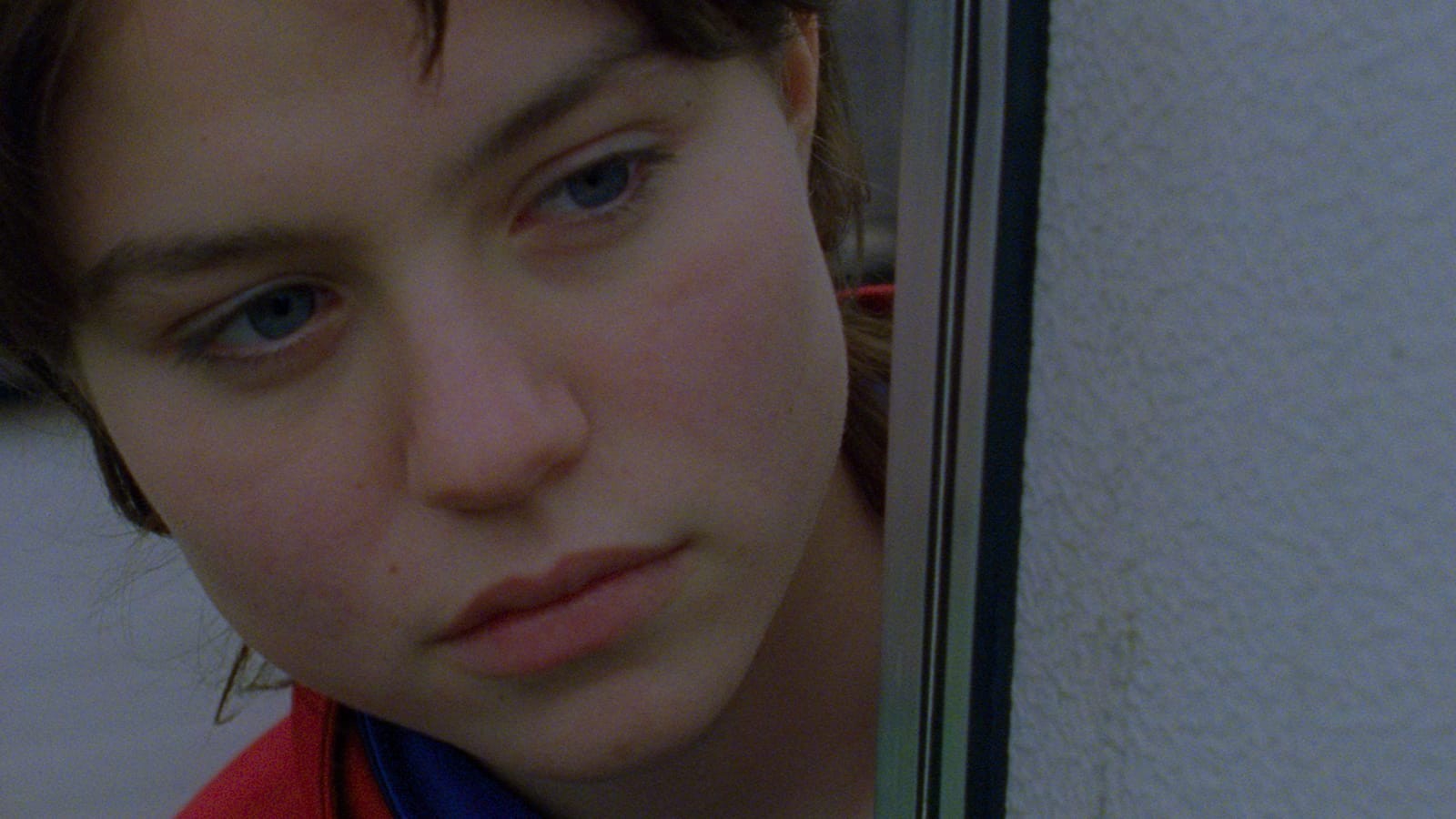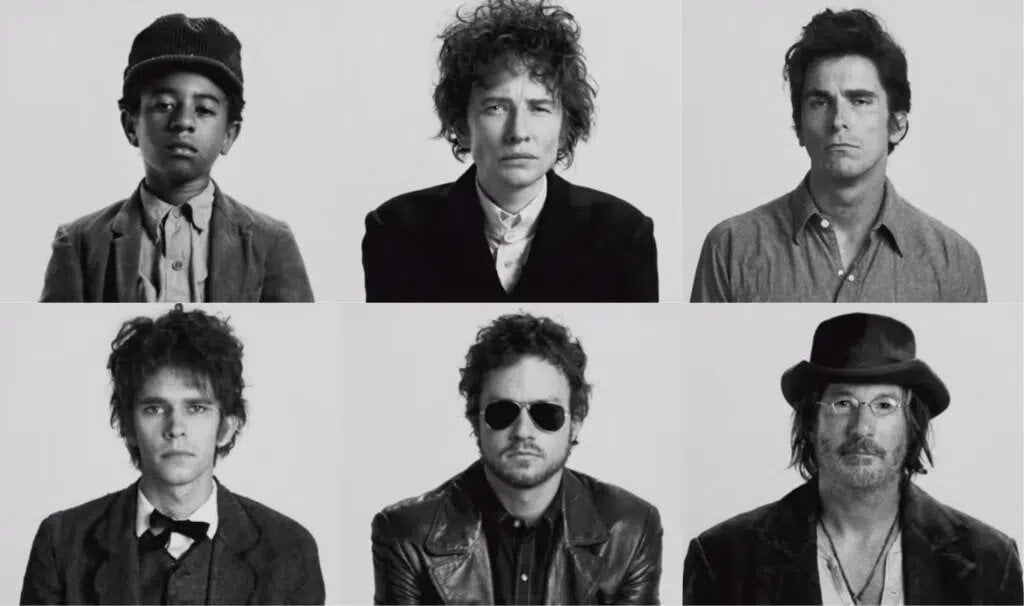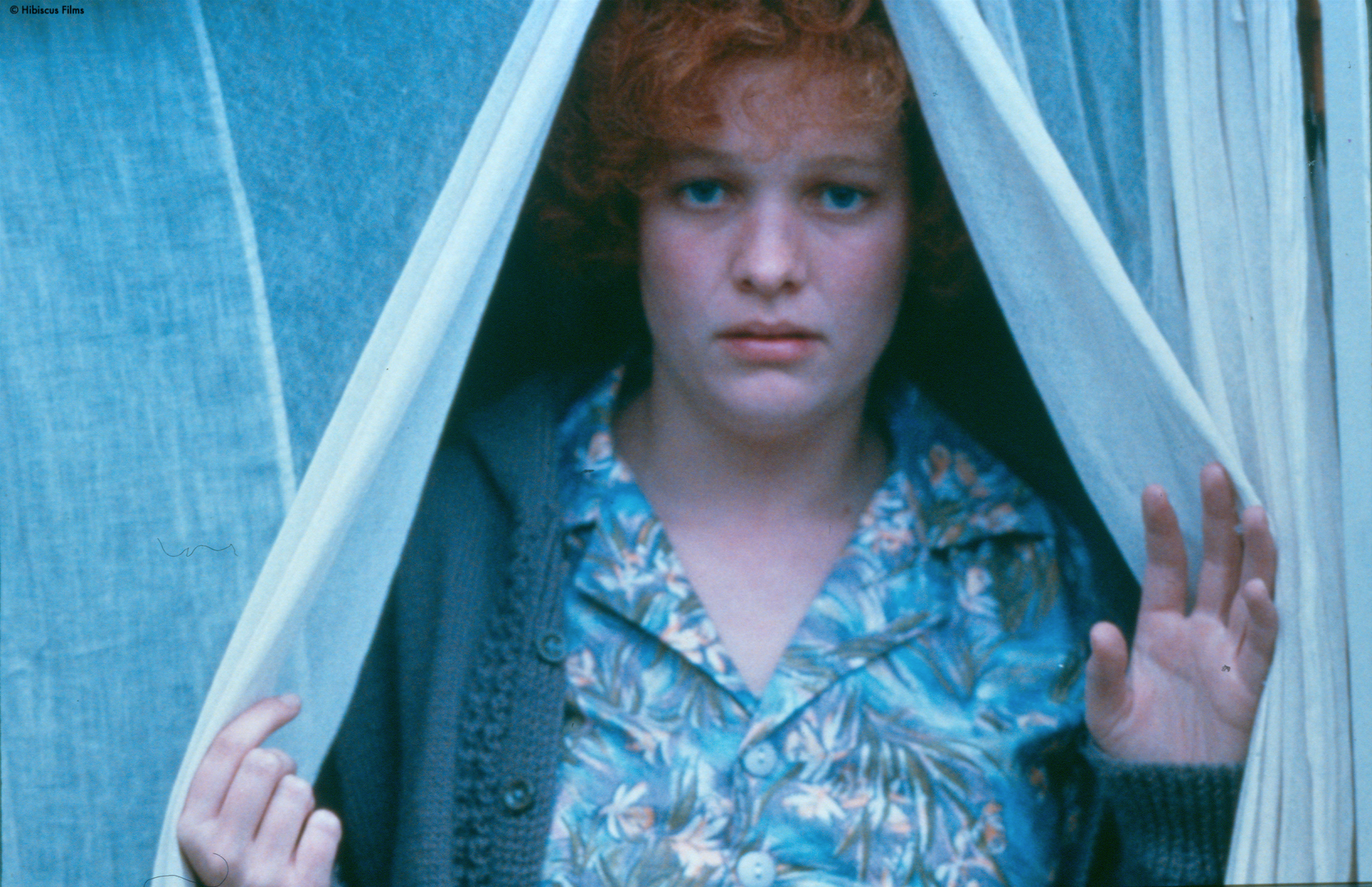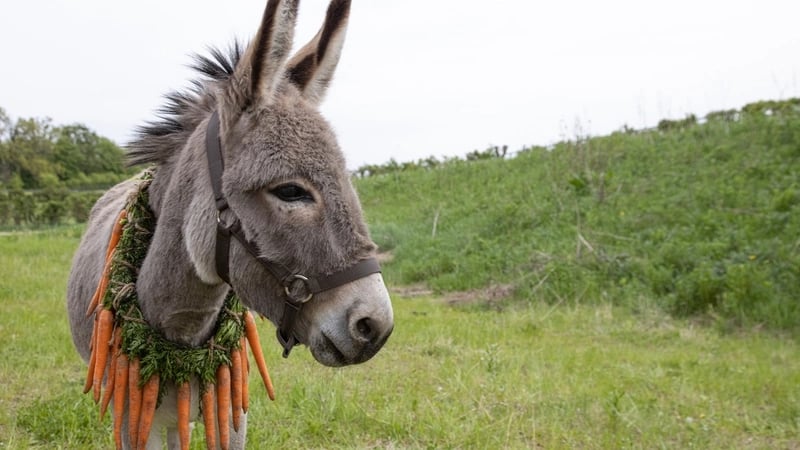Martin Scorsese had just spent a year prepping for The Last Temptation of Christ when Paramount Pictures unceremoniously pulled the plug on the movie just one month before production was due to start. After Hours was Scorsese’s way of exorcising all that disappointment and frustration, and you can feel it: this black comedy vibrates with manic intensity as it charts a night from hell in the life of Paul (Griffin Dunne), a somewhat scuzzy yuppie living in ‘80s New York City.
In keeping with its title — which suggests the movie is suspended in temporal limbo — After Hours feels like it takes place in some mythological hellscape, a demonic underworld in which everyone Paul meets has been sent forth with the express mission to make his life more miserable. Surreal coincidences pile up, deepening his paranoia and turning his simple goal of returning home into a labyrinthine quest for survival on the deserted, rain-soaked streets of SoHo. It’s the kind of celluloid nightmare that terrorizes and thrills you at the same time (a la the Safdie brothers’ best works, which draw inspiration from After Hours). Only a director of Scorsese’s caliber could turn profound professional disappointment into such a win as this.
Genre: Comedy, Drama, Thriller
Actor: Bronson Pinchot, Catherine O'Hara, Charles Scorsese, Cheech Marin, Clarence Felder, Dick Miller, Frank Aquilino, Griffin Dunne, Henry Judd Baker, John Heard, Larry Block, Linda Fiorentino, Margo Winkler, Martin Scorsese, Murray Moston, Paula Raflo, Robin Johnson, Rocco Sisto, Rockets Redglare, Rosanna Arquette, Teri Garr, Tommy Chong, Verna Bloom, Victor Argo, Victor Bumbalo, Victor Magnotta, Will Patton
Director: Martin Scorsese

